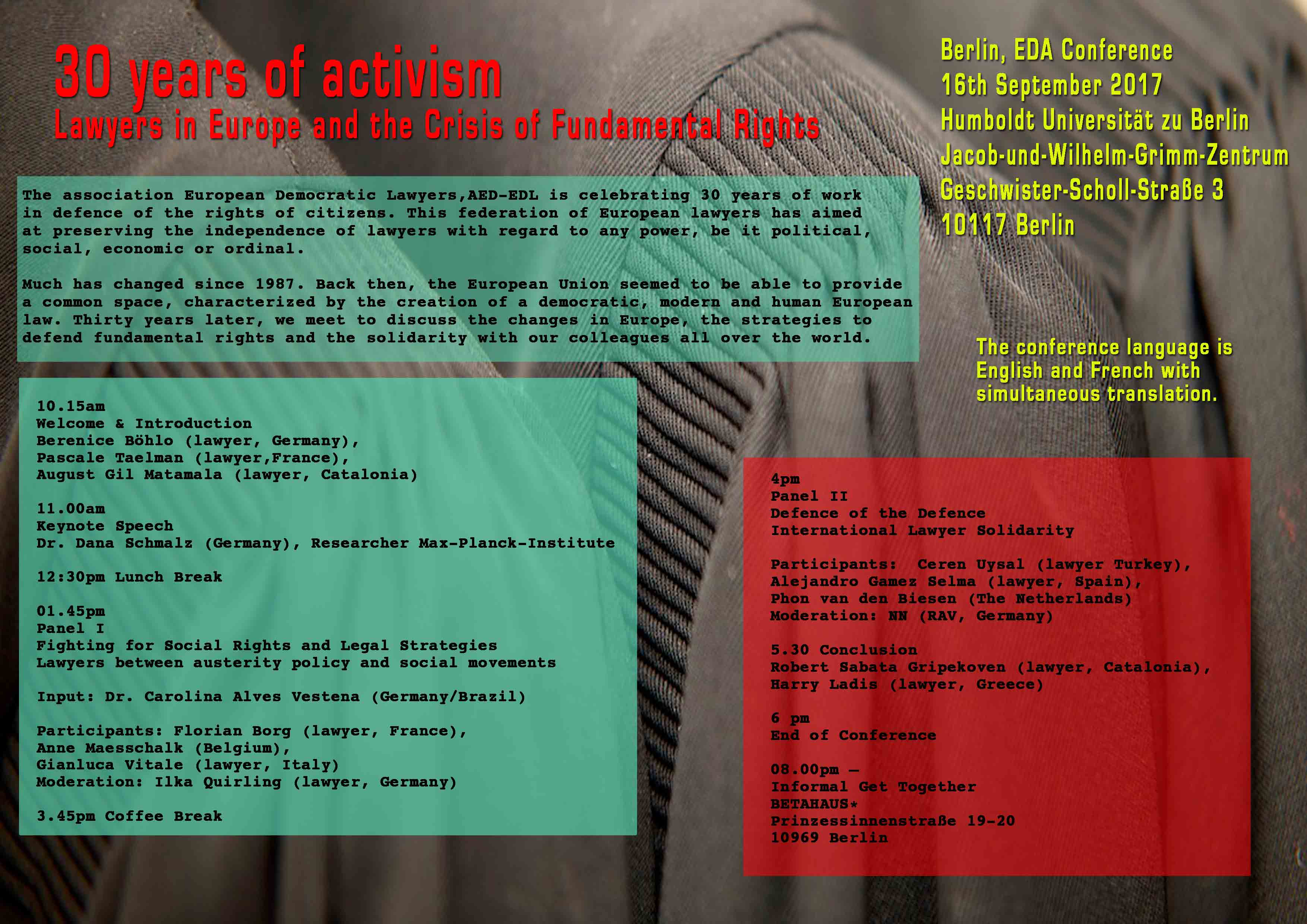Chers confrères, chers amis,
Je me sens très honoré d’avoir été appelé à intervenir lors de cette célébration du 30e anniversaire de la fondation de l’AED. Cela signifie que mon intervention au moment de la célébration du 20e anniversaire, il y a dix ans à Paris, a été bien reçue, et cela me permet d’espérer que vous m’appellerai à nouveau, si je suis encore vivant, à participer, à l’occasion du 40e anniversaire de notre association.
La célébration des trente ans d’existence – qui est déjà un succès pour une organisation comme la nôtre – est sans aucun doute un moment opportun pour commencer à nous interroger sur l’origine de l’AED, le contexte social et politique dans lequel elle est née, et les convictions et les espoirs qui ont mené sa création. Bref, pour savoir d’où nous venons pour mieux comprendre où nous sommes et où nous voulons arriver collectivement. On m’a demandé que, en tant que témoin et acteur à la phase de la fondation de l’association, je partage avec vous quelques souvenirs que je retiens dans ma mémoire en ce moment de regarder en arrière.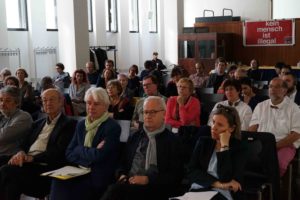
Je ne suis pas en mesure et je n’ai pas le temps de faire un exposé global du processus long et complexe qui a abouti à la constitution formelle de l’AED en octobre 1987. Je me limiterai donc à certains épisodes que j’ai personnellement vécus et que je considère significatifs afin d’aider à comprendre ce processus et pour le situer dans la perspective des années passées.
Le premier épisode correspond à ce que nous pourrions appeler la préhistoire de l’AED. Je me remonte à dix avant la date que nous célébrons aujourd’hui. Au printemps 1977, j’ai reçu une invitation de la section toulousaine du Mouvement d’Action Judiciaire, une organisation française de juristes de gauche, pour participer à une conférence internationale d’avocats sur la répression politique au niveau européen. L’invitation m’a été faite verbalement par un ami jeune avocat, catalan de nationalité française, et a été entouré d’un secret d’air conspiratif qui m’a attiré. J’ai accepté, en élargissant l’invitation à certains collègues de Barcelone dont j’avais confiance absolue. Après quelques jours, j’ai reçu un rendez-vous par le même conduit: nous devions être à une date et à une heure précise dans un endroit indiqué en face de la gare de Toulouse, oú nous devions attendre jusqu’à ce qu’on vint nous chercher pour nous emmener vers un endroit non identifié, où la réunion devait se tenir. Comme prévu, nous avons été transportés dans une énorme maison de campagne, isolée au milieu des champs, dans un endroit nommé, comme j’ai su ensuite, Persin-Bas, aux alentours de Toulouse. On nous a fait savoir qu’autant de mesures de sécurité étaient justifiées par la présence lors de cette réunion de quelques collègues allemands qui avaient quitté leur pays clandestinement, fuyant la police qui les liait à des organisations armées d’extrême gauche. Dans cet immense manoir décadent et dans des conditions fort précaires, plus d’une centaine de personnes de différents pays ont passé deux jours et deux nuits, sans quitter la maison pour des raisons de sécurité, et constituées en assemblée permanente. La plus part étaient des français qui avaient déjà engagé une structure organisationnelle, le Syndicat des Avocats de France, un groupe nombreux de Belges, mais aussi des Hollandais, des Italiens et un bon nombre d’Allemands. Il y avait aussi quelques basques. Pour ce qui fait le groupe de cinq avocats venus de Barcelone, qui venaient de quitter une dictature oppressive et sans expérience internationale, cette atmosphère apparaissait fascinante.
Le thème central des débats a été la critique de la législation antiterroriste alors embryonnaire, mise en œuvre sous diverses modalités dans la plupart des démocraties européennes, et ses conséquences dans la sphère judiciaire et dans la pratique de la police, dans le contexte d’une période de confrontation sociale aiguë en Europe occidentale. De ces jours intenses d’information partagée, de discussions théoriques sans fin, de multiples propositions à l’égard du rôle des avocats de gauche face à la répression politique, les participants ont retenu quelques idées claires: la nécessité de s’organiser, à la fois au niveau national et européen, pour faire face en tant qu’ avocats à toutes les violations des droits fondamentaux et des libertés publiques, au nom d’une politique sécuritaire visant à contaminer tout droit pénal et procédural et à devenir un instrument pour le pouvoir, valable pour supprimer toute expression de divergence radicale avec le système. Il a été décidé de tenir une nouvelle réunion l’année suivante 1978, avec l’intention de commencer à structurer une organisation européenne d’avocats de gauche. La rencontre, à laquelle j’ai également assisté, a effectivement eu lieu à San Sebastian, au Pays Basque. La réunion a été un échec complet, provoqué par des dissensions politiques entre les organisateurs Basques eux-mêmes qui ont monopolisé les débats, et là l’initiative a échoué. Le résultat pratique de ces expériences, cependant, a été la mise en place d’un réseau de relations personnelles entre avocats de pays et cultures juridiques différents; relations qui, en grande partie, sont devenues permanentes, et qui ont contribué à maintenir en vie l’idée d’une association européenne. Quelques années se sont écroulées jusqu’à ce que, au sein du SAF, l’impulsion a surgit de reprendre cette initiative, et il est juste que moi aussi, comme l’a fait notre présidente, rende hommage à qui fut le premier président de l’AED, Gérard Boulanger. Je suis le témoin de son activité débordante, en profitant ce vieux réseau de contacts et de relations tout au long du processus de création de l’association actuelle.
Il m’a parût intéressant d’expliquer les origines lointaines de l’AED pour mettre en évidence le fil de la continuité entre ces antécédents et les axes centraux de l’activité AED tout au long de son histoire: la défense continuée des droits fondamentaux de l’homme et des libertés démocratiques; la défense des droits de la défense et les garanties du libre exercice de notre profession; la solidarité avec nos collègues au monde entier lorsqu’ils sont réprimés précisément pour défendre la justice.
L’autre épisode dont je veux me souvenir a eu lieu dans une atmosphère très différente. C’est le moment, il y a trente ans, où j’ai signé en tant que président de l’Association Catalane pour la défense des droits de l’homme, l’acte de constitution de l’AED, dans la cadre solennel du Parlement européen à Strasbourg et dans une salle entièrement équipée de la dernière technologie, mise à notre disposition grâce au groupe parlementaire socialiste. Le contraste avec les conditions précaires de la réunion à demi clandestine à Persin-Bas m’a fait réfléchir. Il est vrai que, au cours du procès de constitution de l’AED, nous tous avions accepté de bon gré que l’association que nous étions en train de créer ne pouvait pas se réduire à un groupe militant d’avocats gauchistes centrés exclusivement en la lutte antirépressive. L’AED est née dans un contexte social et politique européen très différent de celui qui existait dix ans auparavant. L’Europe occidentale était en train de consolider ses institutions communautaires et de bâtir une nouvelle architecture juridique avec l’apparition d’un pouvoir législatif et des instances judiciaires européennes, qui étaient destinés à l’emporter sur les instances nationales. La construction de l’Union européenne était en train de provoquer des changements spectaculaires dans la politique, l’économie et la société des États membres, qui touchaient de plein l’exercice professionnel des avocats. Dans ce scénario de profondes transformations nombre des fondateurs de l’AED voyaient une opportunité pour une association comme la nôtre. Toujours optimistes, ils croyaient en la possibilité de construire une Europe unie comme espace de liberté et de démocratie, entre deux impérialismes existant alors, américain et soviétique, et dans le cadre d’un capitalisme alors relativement pacifique, dans une phase de croissance économique et avec peu de conflits sociaux. Il fallait donc profiter de ce moment historique favorable pour intervenir en défense de notre patrimoine idéologique, ce qui impliquait de donner la priorité à la présence de l’AED dans les institutions et les centres de pouvoir où se discutaient et décidaient les changements qui nous touchaient, au niveau national et européen.
D’autres, comme moi, ne partageaient pas cette vision idyllique de la construction de l’Europe et étaient plutôt sceptiques à propos de la possibilité d’exercer quelque influence dans un sens progressiste dans le cadre des institutions. Nous n’avons pas refusé d’explorer cette option, mais nous avons continué à penser qu’il était prioritaire de préserver l’indépendance de notre association en tant qu’instrument de critique et, si nécessaire, de confrontation ouverte avec les institutions dans la lutte pour une société plus libre et plus juste. Nous avons également vu avec préoccupation le danger que représentait le péage d’être instrumentalisés par quelque option politique de parti, que nous devrions payer pour être admis dans les institutions européennes,. Cette inquiétude est devenue alarme lorsque, lors d’un colloque organisé par l’AED à Maastricht en novembre 1988 sur l’aide légale, une association d’avocats de Madrid sous l’acronyme d’ADADE, dirigée par un frère du Ministre de la Justice du Gouvernement socialiste espagnol, est venue avec l’intention de s’intégrer dans l’AED. Dans sa présentation au Bureau de l’association qui devait les admettre, ils ont exprimé avec autorité et maladroitement leur prétention de convertir l’AED en une organisation sous la tutelle du groupe socialiste du Parlement européen. Face à la froideur manifeste avec la quelle a été reçue cette proposition, ADADE a désisté d’adhérer l’AED.
Dans mon discours, que je termine, j’ai attiré votre attention sur deux moments importants du processus de construction de l’AED. Au moyen de la métaphore de la confrontation entre deux scénarios aussi variés qu’une ferme dans des conditions précaires et une salle hautement technicisée du Parlement européen, j’ai voulu signaler que, dès ses origines, l’AED a été un point de rencontre et du confrontation entre deux âmes, qui, en partageant les mêmes convictions démocratiques, ont coexisté dans le même cadre organisationnel, avec des moments de tension et des équilibres instables. Mais la réalité, comme toujours, a fini par imposer sa loi. Il a rapidement été évident pour tous que la construction européenne se déplaçait de dans un sens parfaitement opposé à nos objectifs en tant qu’association, et que notre vrai lieu devait être à côté des mouvements sociaux et politiques qui luttent pour la démocratisation de l’Union européenne, l’élargissement des droits de la défense, l’extension de l’accès au droit de tous les citoyens sans discrimination et la défense radicale des droits de l’homme et des libertés fondamentales contre l’abus du pouvoir, avec indépendance de tout pouvoir, comme le disent nos Statuts dans son article 2.
L’excellent discours de notre présidente, que nous venons d’écouter, est la preuve évidente que l’engagement de l’AED avec ses objectifs fondateurs reste intact, en ce moment de crise extrême des valeurs démocratiques, de retrait des libertés et de militarisation de la société, qui touche l’Europe et le monde entier. Merci beaucoup, Madame la Présidente, pour votre discours, et pour vous tous de m’avoir écouté.
August Gil Matamala, ancien président de l’AED (2004-2007)
Berlin, 16 septembre 2017.
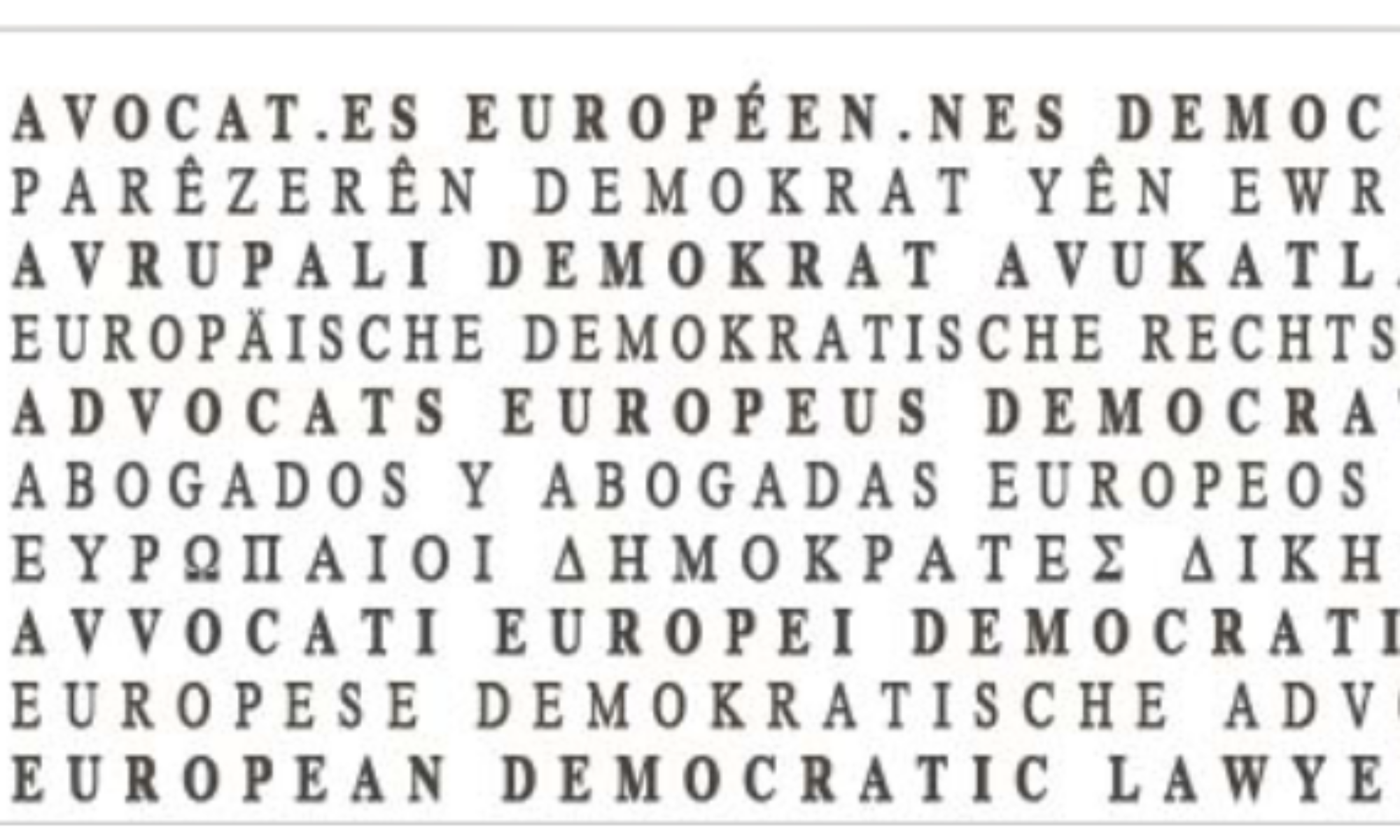












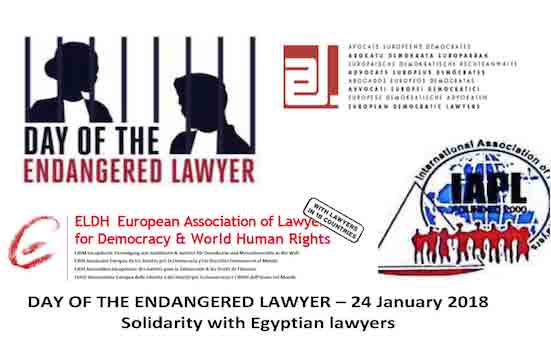
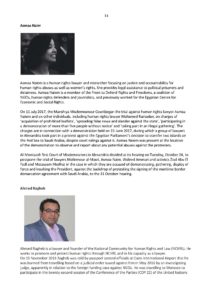
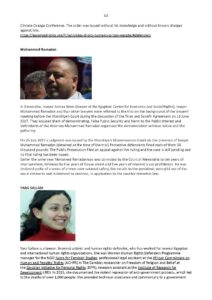



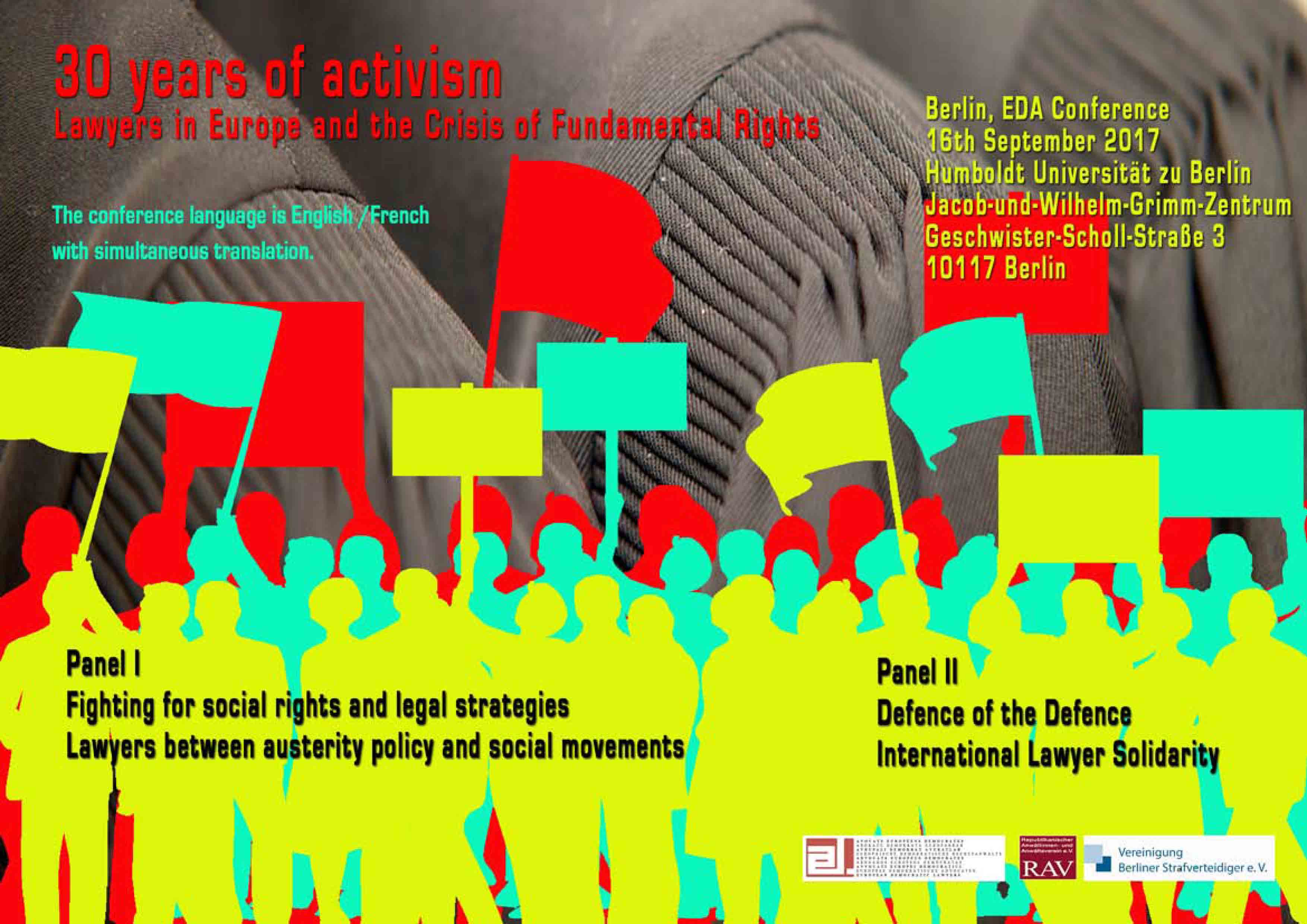
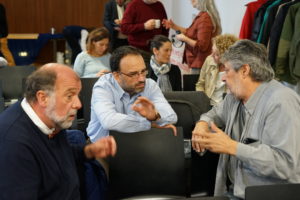

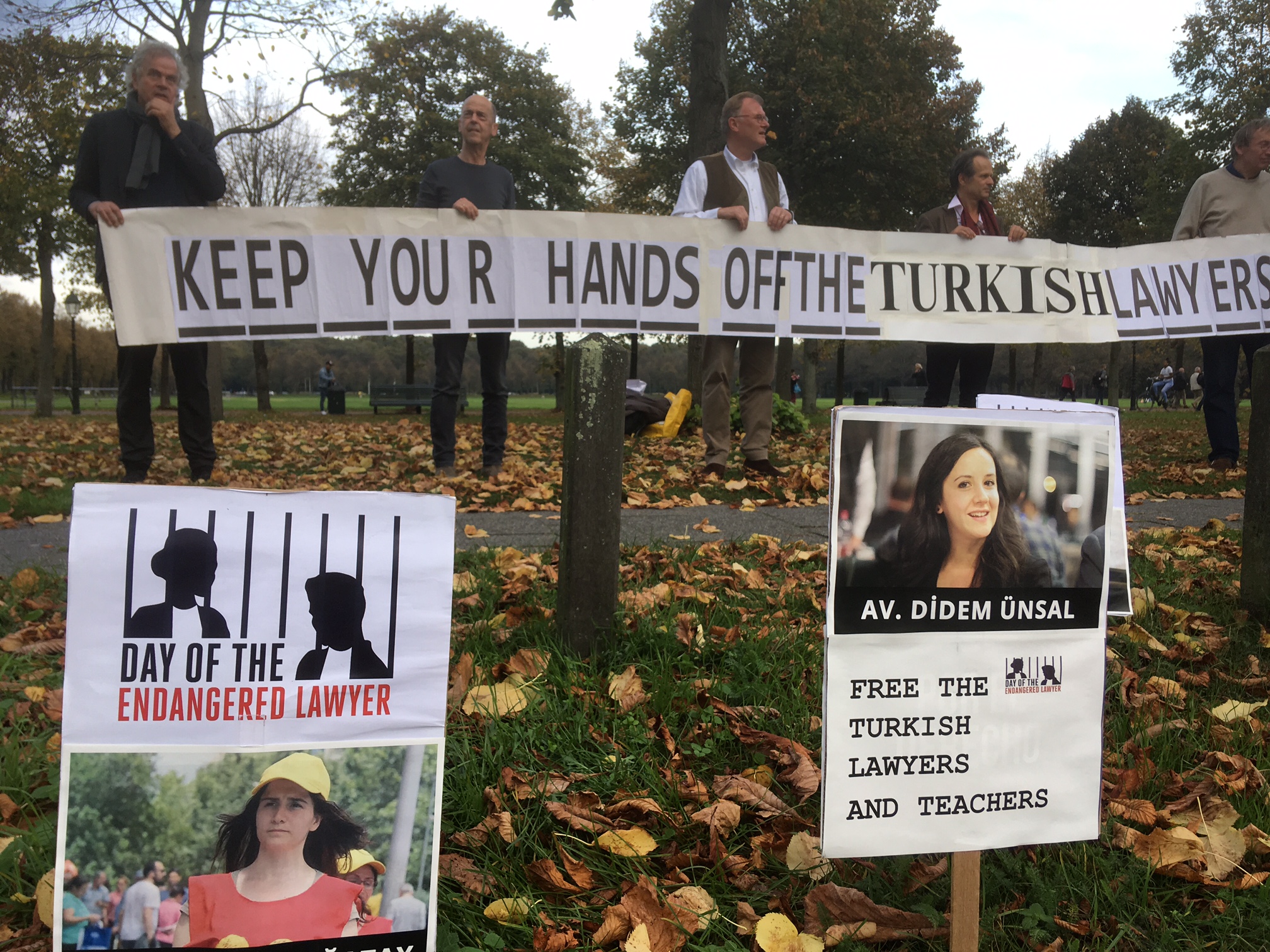
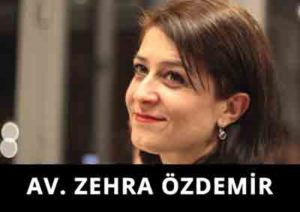
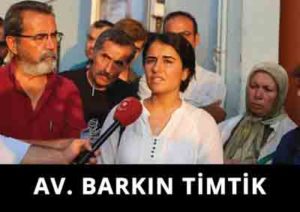
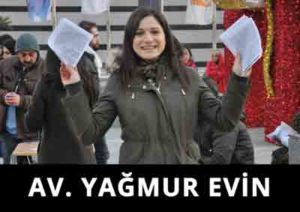
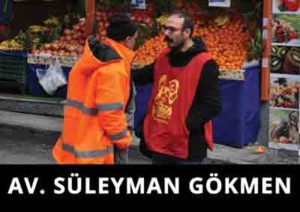
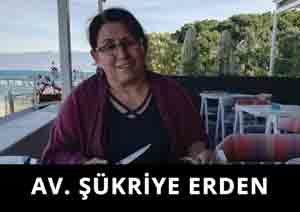
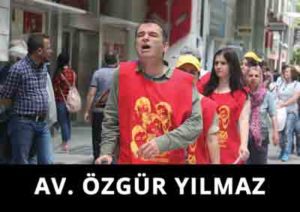
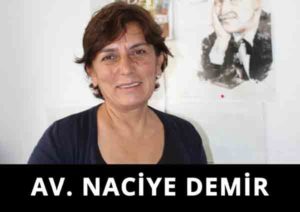
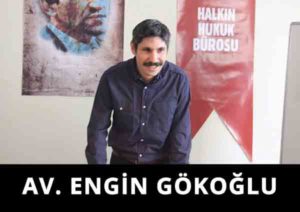
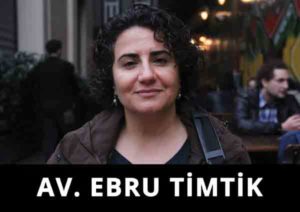
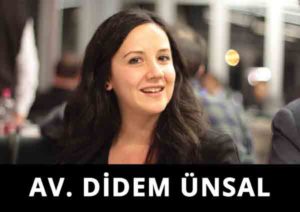
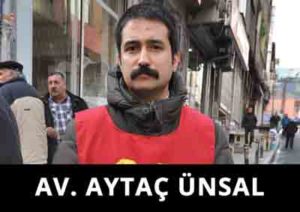
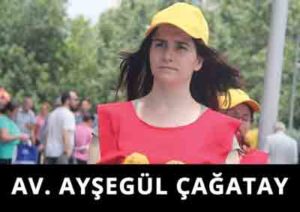
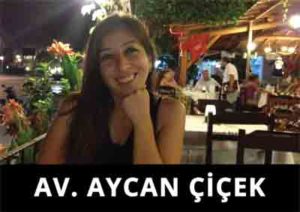
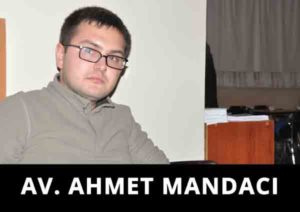

 We are demonstrating today in front of the Turkish Consulate in Hamburg, The Hague, Brussels and Milan to protest the recent
We are demonstrating today in front of the Turkish Consulate in Hamburg, The Hague, Brussels and Milan to protest the recent We are convinced that our colleagues are only exposed to state repression because of their professional activities.
We are convinced that our colleagues are only exposed to state repression because of their professional activities.  There are lawyers from France, Germany, the Netherlands, Catalonia, Belgium, Spain, Greece, Italy and Turkey who share the same democratic, modern and humane ideals in Europe. As a professional organization, as an international organization, it pursues the international purpose of respecting the rights of the defense in particular, the physical integrity and the political and economic freedom of lawyers.
There are lawyers from France, Germany, the Netherlands, Catalonia, Belgium, Spain, Greece, Italy and Turkey who share the same democratic, modern and humane ideals in Europe. As a professional organization, as an international organization, it pursues the international purpose of respecting the rights of the defense in particular, the physical integrity and the political and economic freedom of lawyers. 
